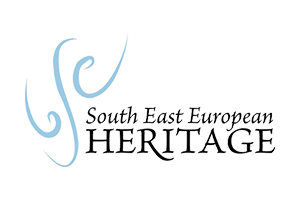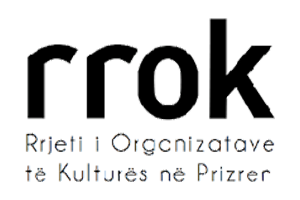Documentation needed for rural tourism and spiritual heritage
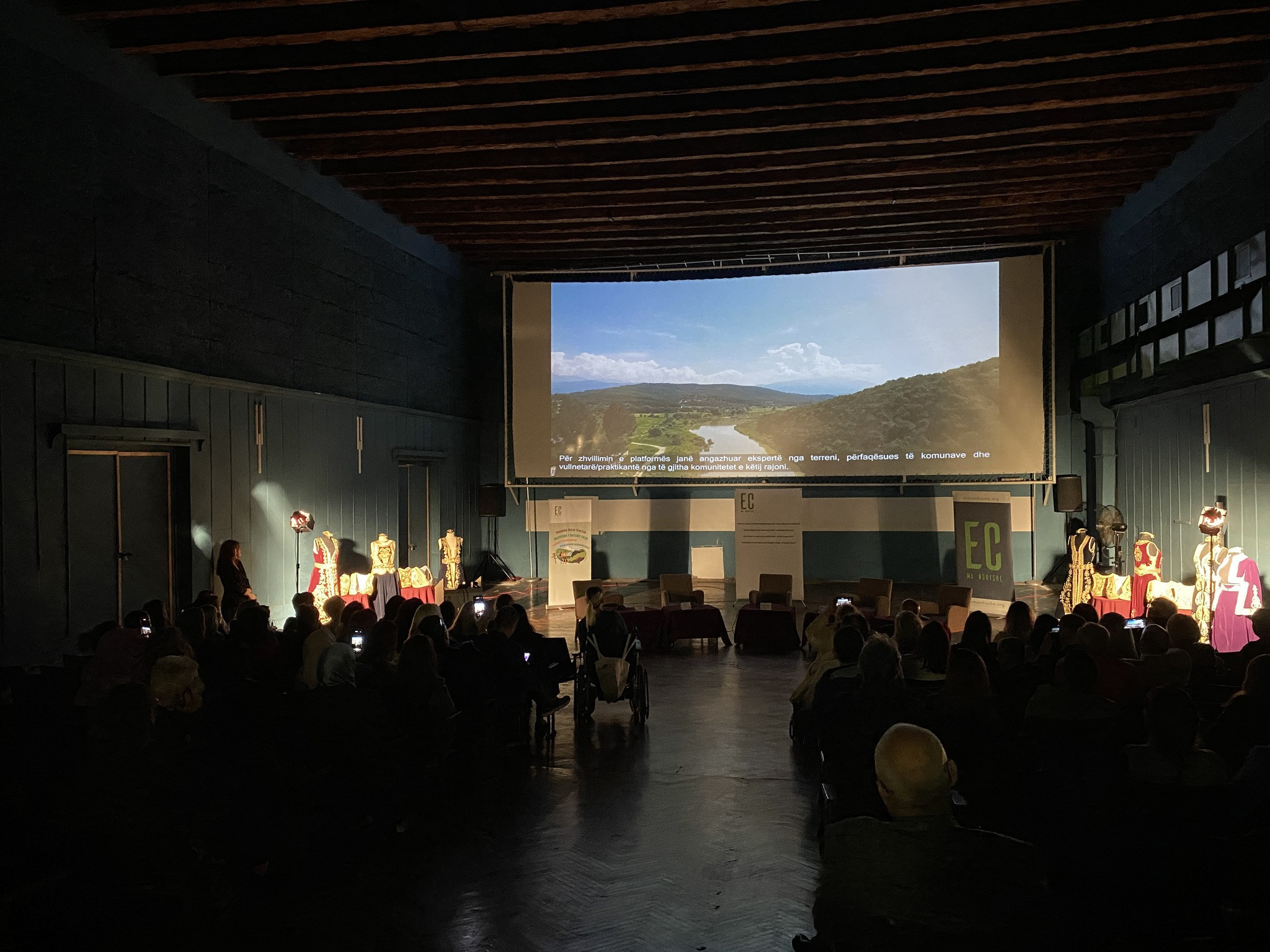
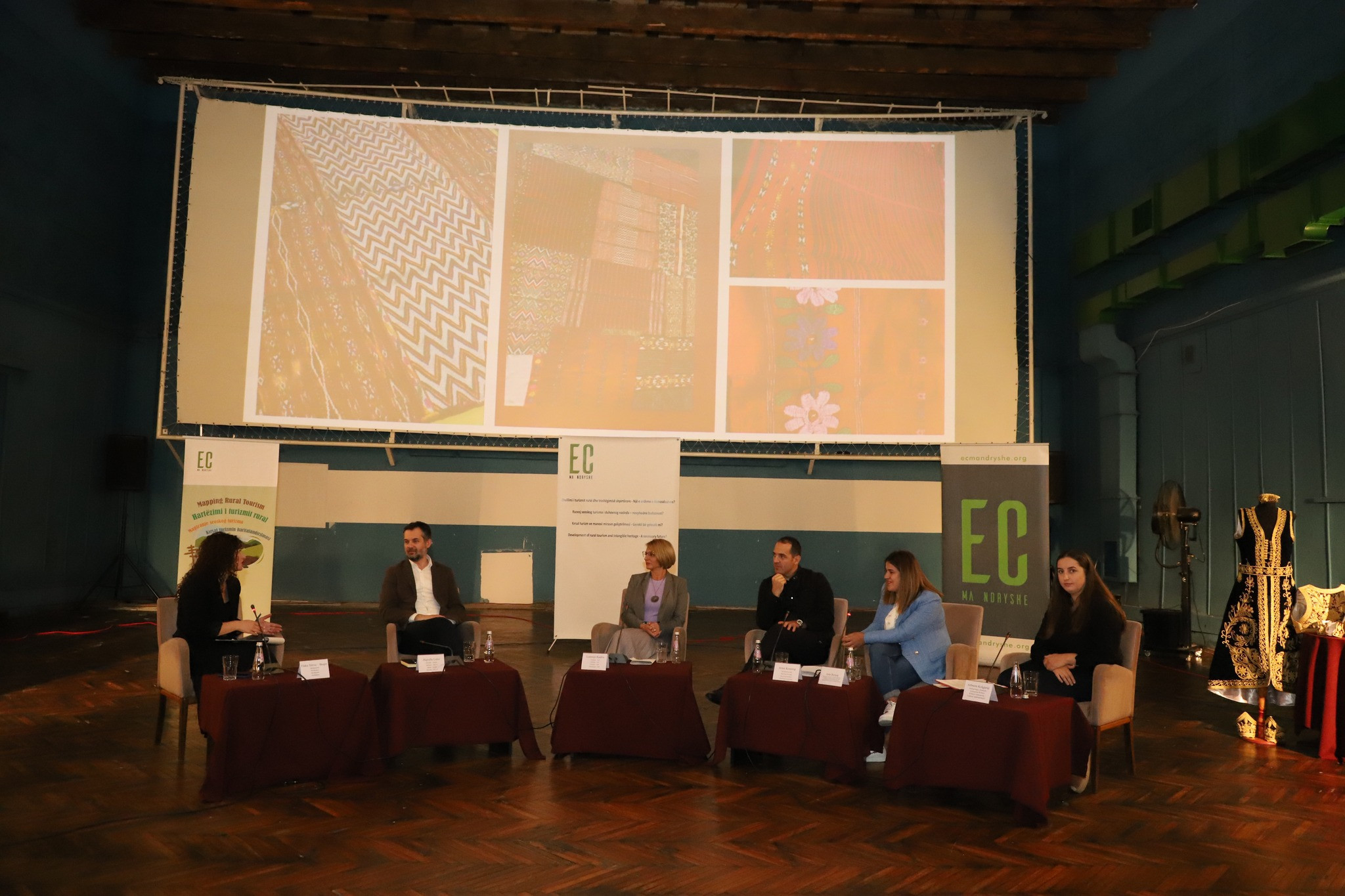
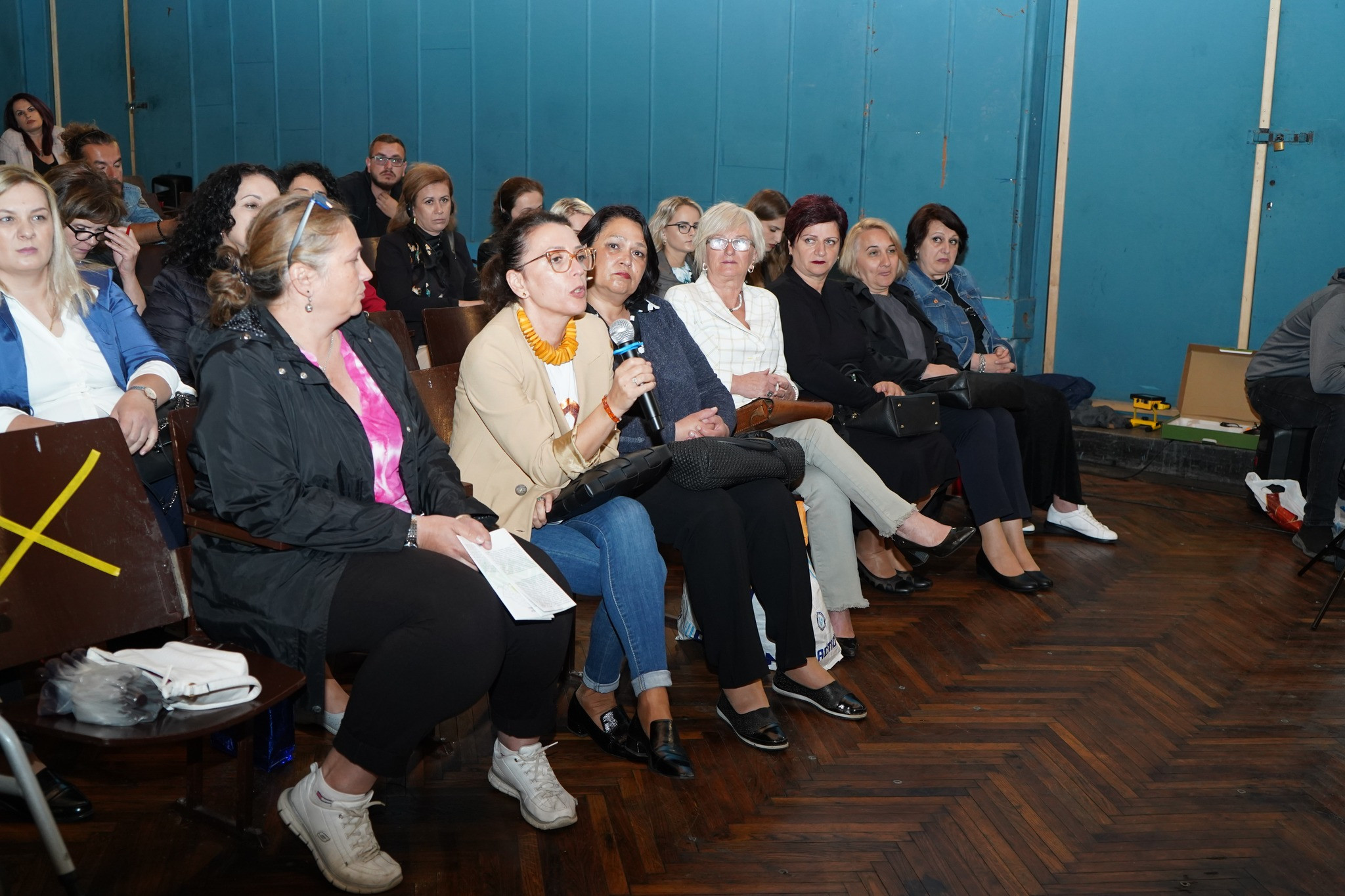
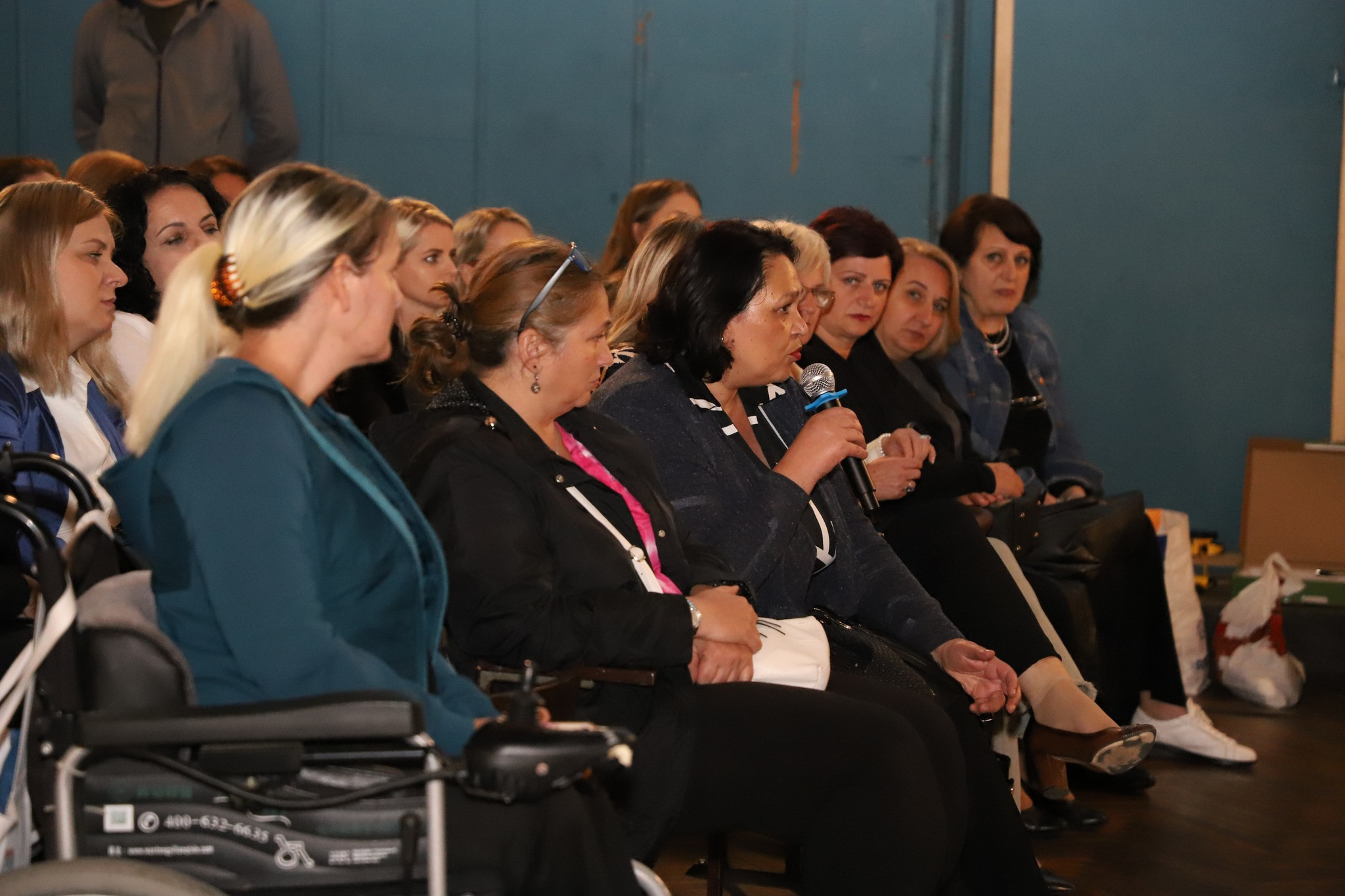

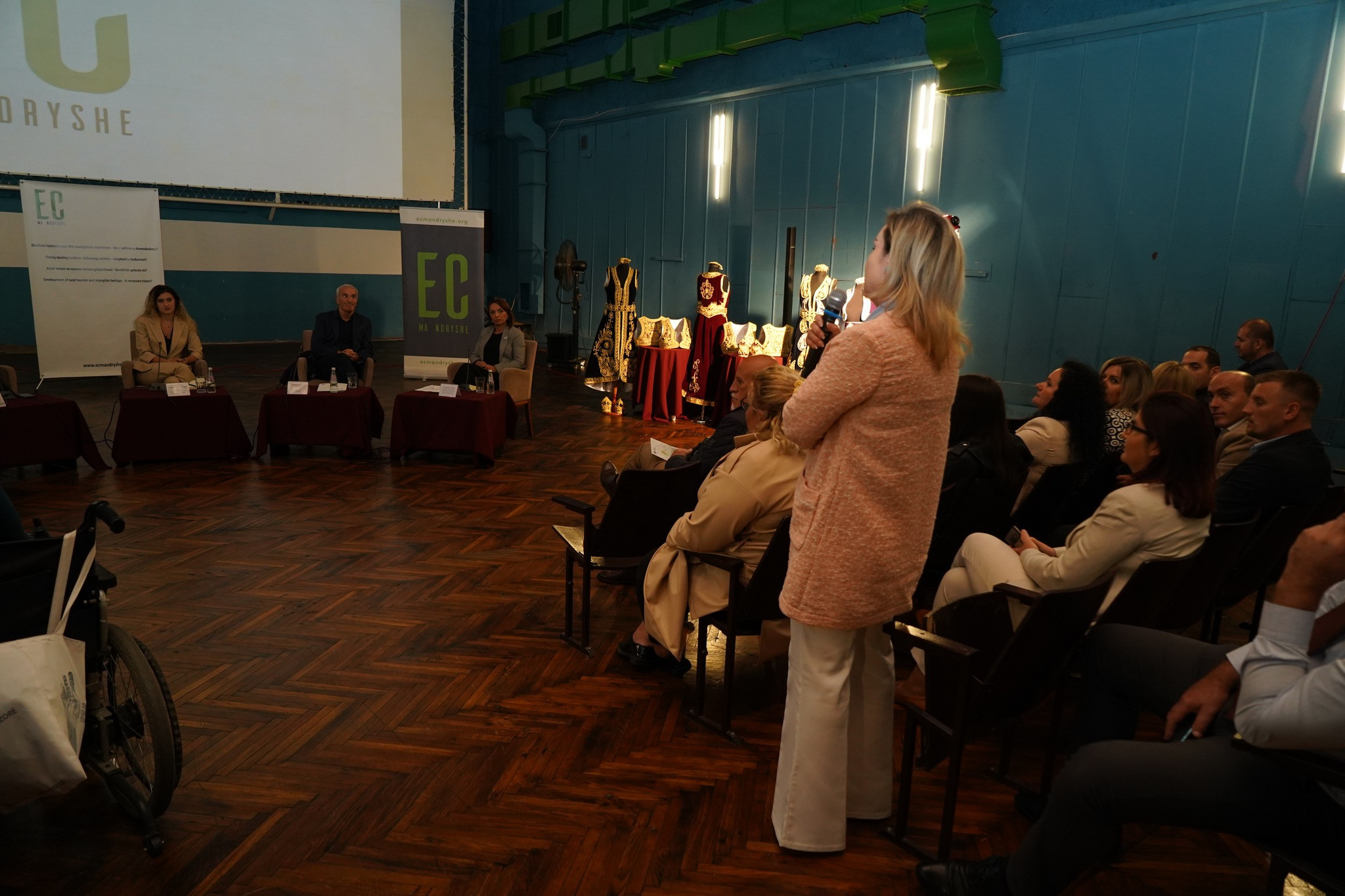
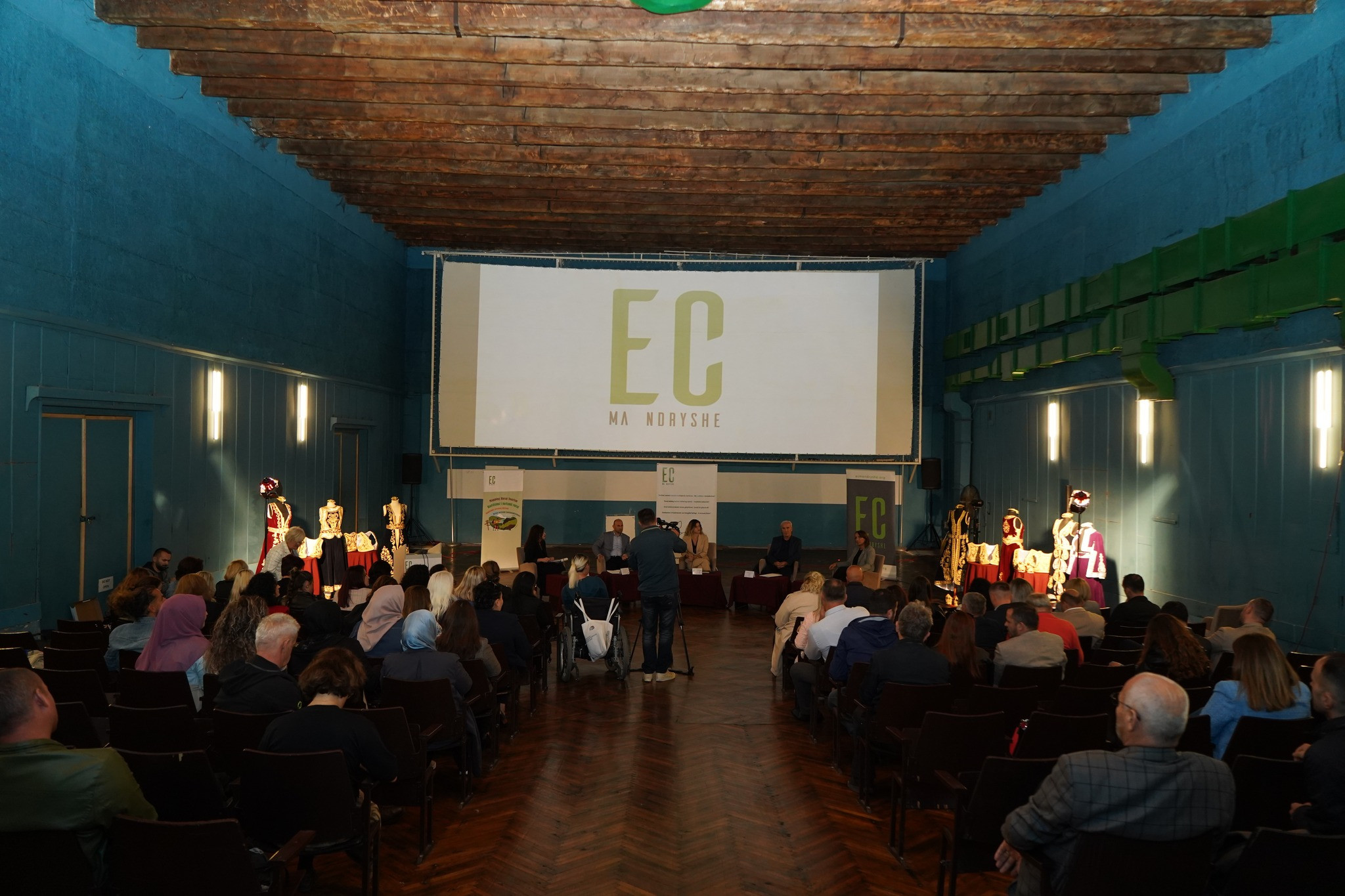
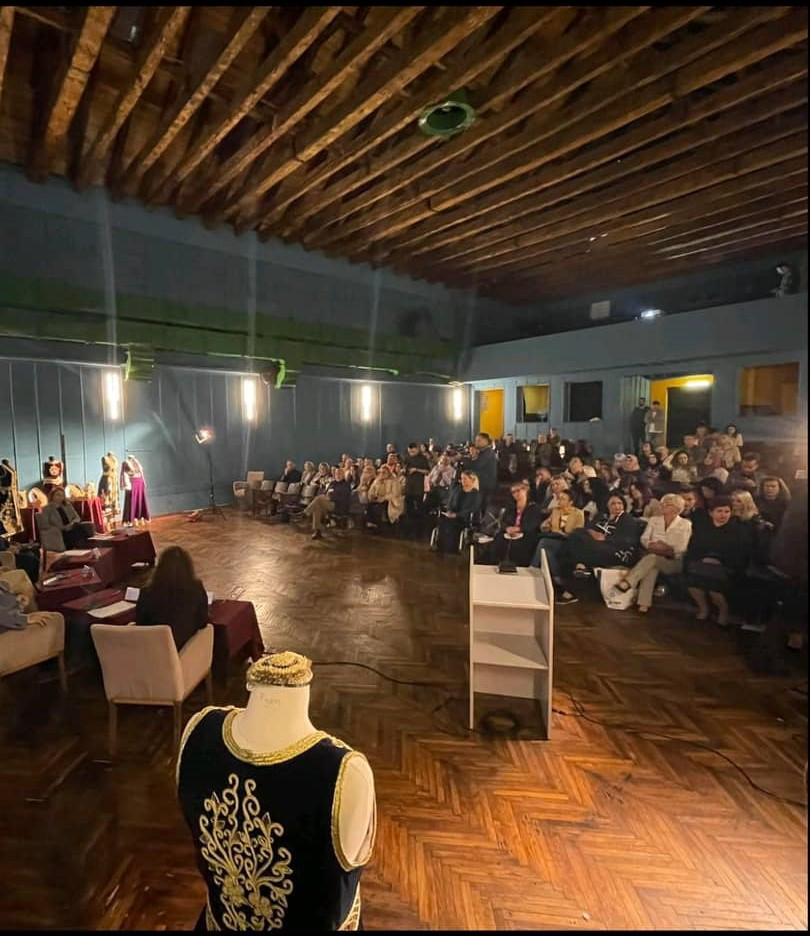
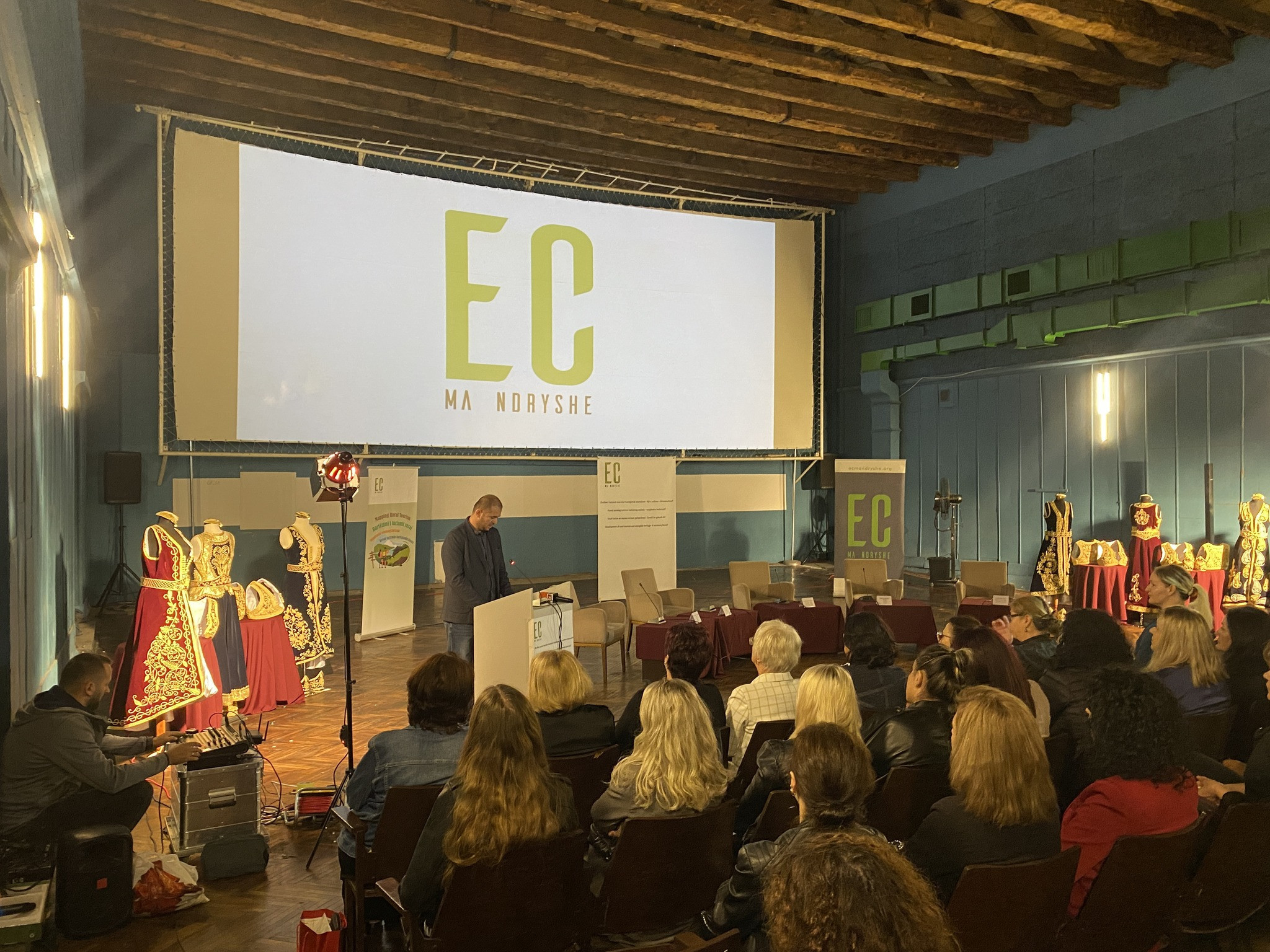
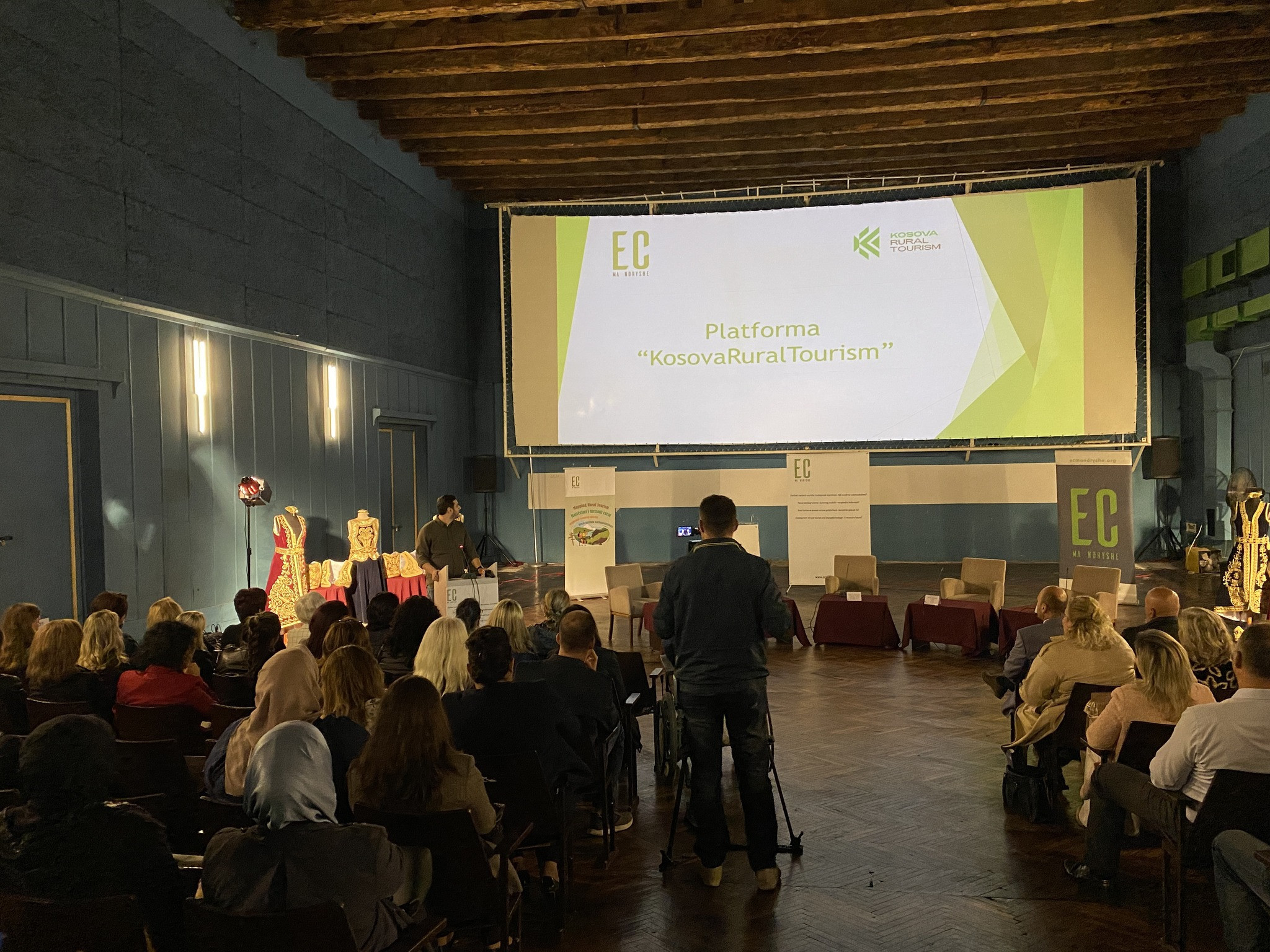

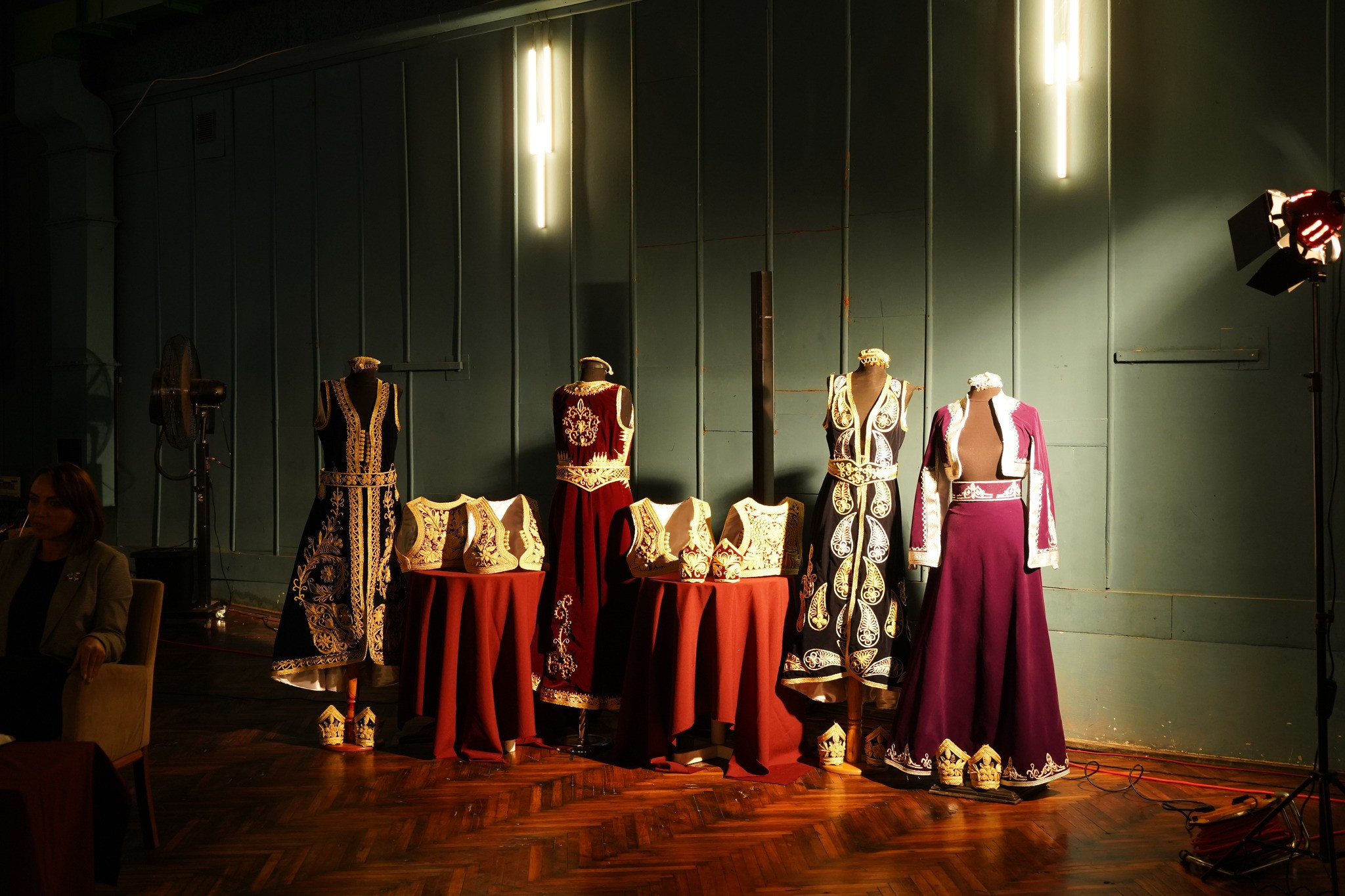
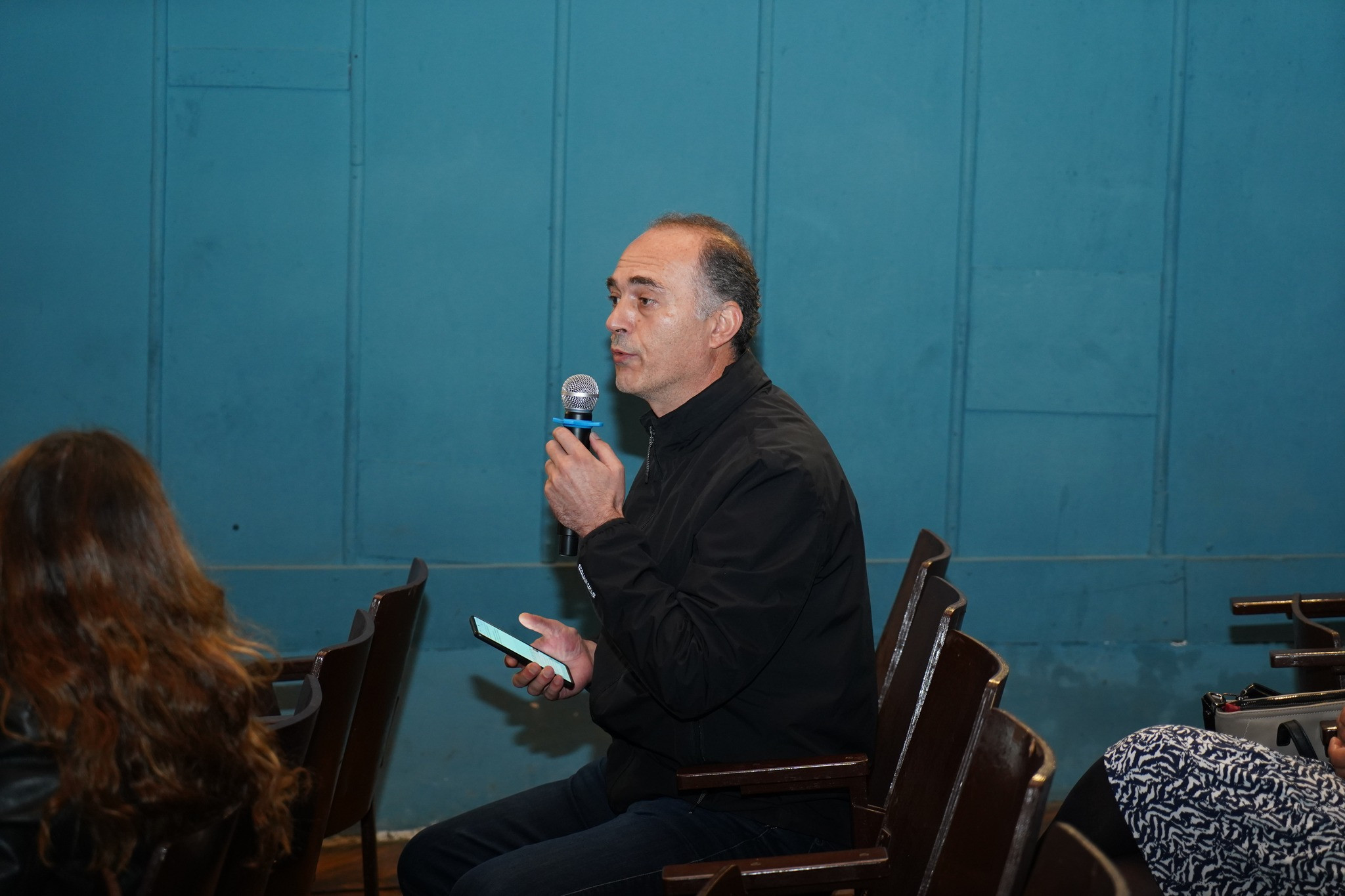

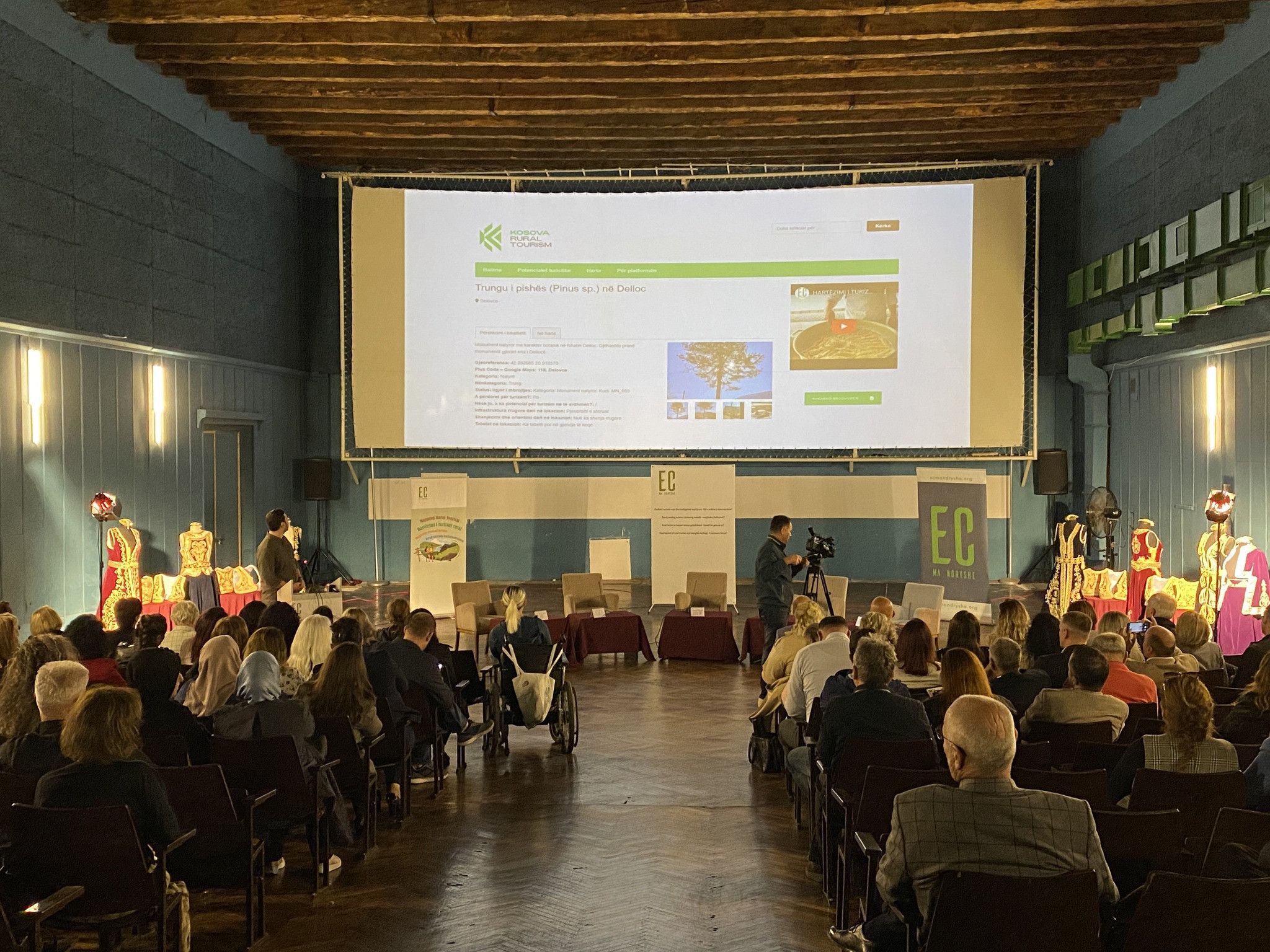

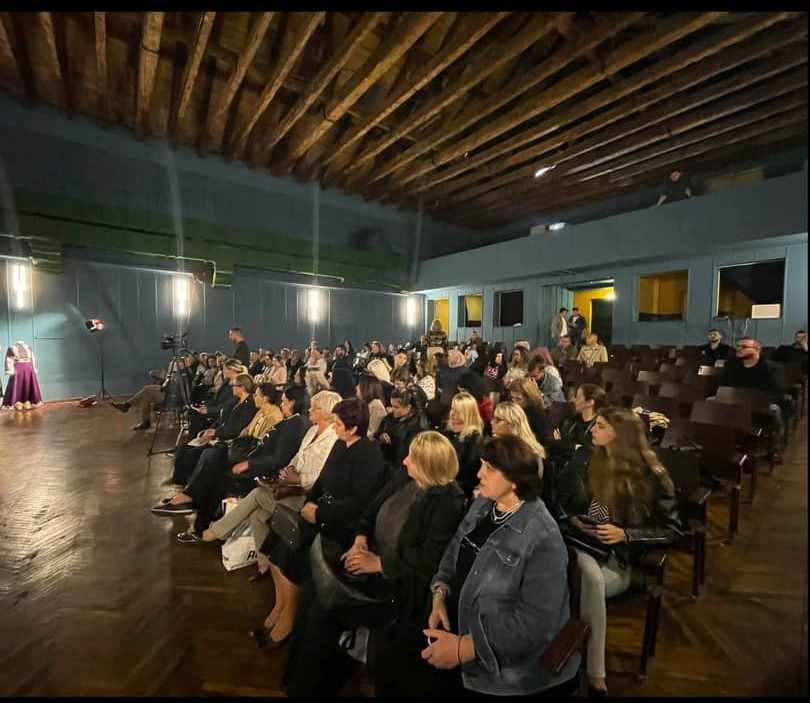
The conference organized by EC Ma Ndryshe with the theme "Development of rural tourism and spiritual heritage - A necessary future?" was held on Wednesday at Kino Lumbardhi in Prizren. In this activity, the results of the projects "Mapping Rural Tourism in the South of Kosovo" as well as "Dollama, a cultural asset of Kosovo" were presented as the next contribution to the documentation, protection, development and promotion of the cultural and natural heritage of south region, including the municipalities of: Prizren, Rahovec, Mamushë, Dragash, Suharekë and Malishevë.
The two EC projects are designed in such a way as to raise the awareness of local and central institutions about the still undeveloped and not fully explored concept of rural tourism on the one hand, and that of the promotion of spiritual heritage on the other hand, as a sustainable factor that provides education and sustainable development of local communities.
The "Mapping of Rural Tourism in the South of Kosovo" project aimed at documenting and mapping cultural and natural heritage assets with rural tourism potential, have been included in the "Kosova Rural Tourism" rural tourism platform. Whereas, the project "Dollama, a cultural asset of Kosovo" is a continuation of EC's efforts in the protection and development of cultural heritage, aiming more precisely at preserving the craft of dollama making and promoting the transfer of knowledge through training of women and girls of communities with different ethnic backgrounds from the southern region of Kosovo.
In this conference, the possibilities, potentials and need of promoting cultural and natural heritage were discussed, with representatives of institutions, professionals from the field of cultural heritage and tourism, representatives of local and international organizations, businesses and media.
The executive director of EC, Valon Xhabali, has announced that the Platform aimed at promoting rural tourism presents cultural, natural assets and services. He also stated that with the aim of preserving and cultivating the spiritual heritage, 24 women have been trained to make dollama.
In the first panel of the conference, the importance of recognizing, documenting and promoting cultural and natural heritage, as a potential for the development of rural tourism, was addressed.
Lumturije Geci from the Department of Tourism at MINT has said that the launch of this platform will affect the further development of tourism, not only in the southern region but also beyond.
Linda Çavdarbasha, deputy minister in the Ministry of Environment and Spatial Planning and Infrastructure, said that these platforms should be created at the central level, for better information of tourists and visitors.
Adem Morina, director of the DKRS in the Municipality of Prizren, explained how the municipal government with investments in infrastructure tries to promote the development of rural tourism.
Halim Gjergzizi from the Association for the Promotion of Mountain Tourism of Kosovo has drawn attention to the need to implement the principles of sustainable development, which has been lacking until now, and as a result there has been degradation of Kosovo's natural assets.
Meanwhile, the second panel discussed the preservation and promotion of cultural and spiritual heritage.
The minister of MKRS, Hajrulla Çeku, said that training for the craft of "dollamas" is a concrete form of protecting spiritual wealth. According to him, institutions should do more in this aspect, as well as other sectors.
Lumnije Kadriu, an ethnologist from the Albanological Institute, has highlighted the need for knowledge and skills for the creation of dollama, i.e. the re-creation of spiritual heritage, while anthropologist Arbnora Kolgjeraj has said that spiritual heritage risks disappearing due to lack of documentation.
Sociologist and journalist, Artan Krasniqi has proposed closer cooperation between journalists and experts so that with their interaction the products of spiritual heritage can be conserved and promoted.
Arta Bytyqi, a representative of local businesses of traditional clothing, has affirmed that with the right approach, economic activity can also be implemented, which brings many benefits to the community.

